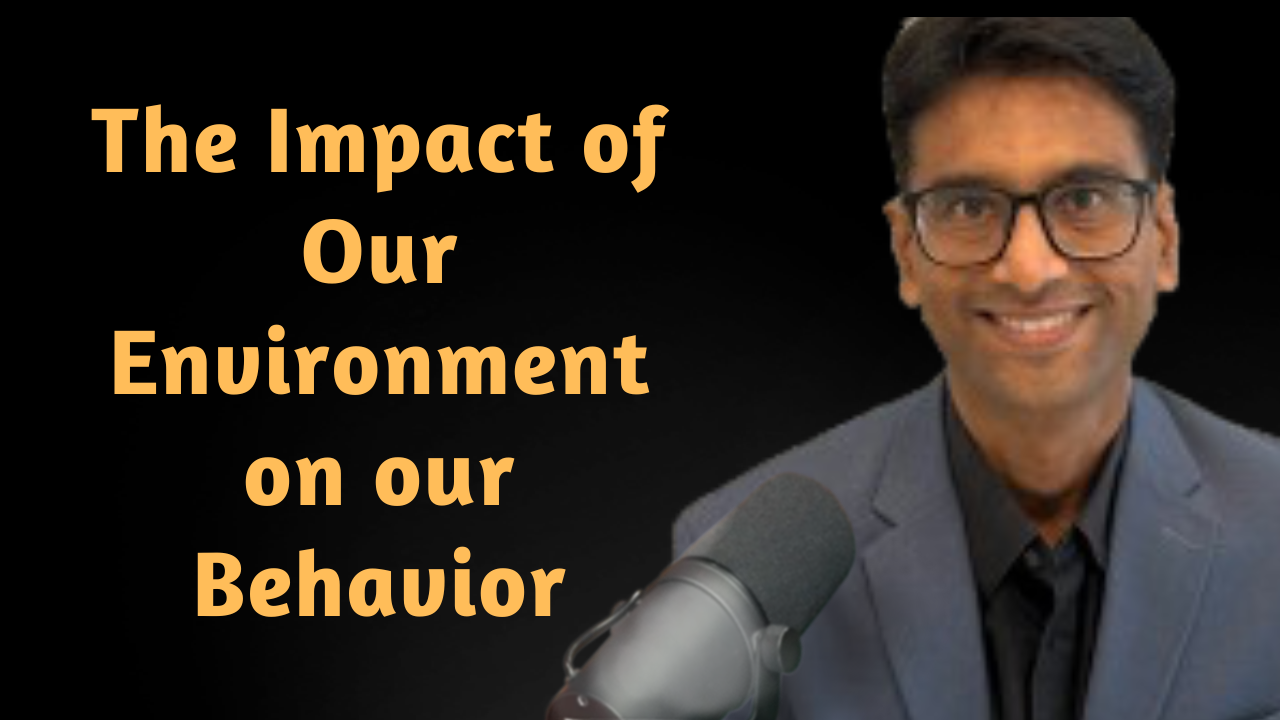
Premise:
One of the key responsibilities that we have as leaders is to make sense of what is happening in and around the teams that we lead and share this with our teams as and when required. The way we do this could be either through writing (emails, blogs, etc) or by speaking (in all-hands, at events, 1-1 calls, etc). In either case, we need to be careful about the language we use, as the way we use the language has a big impact on what others perceive or understand from our communication. So, today, let’s explore the importance of language in our communication.
Framing:
One of the important responsibility of leaders is to frame things such that the teams can focus on the important and relevant stuff. The ability to frame is an art that we need to practice on a regular basis to get good at. How we frame a problem has a big impact on how the same is solved. A situation can be both framed as a challenge (burning platform) or as a once in a lifetime opportunity to make a difference (at the cusp of something big).
This is a super-power in times of upheaval and chaos (like the one that we are currently living through). When there is so much happening all around us (war, supply chain disruptions, inflation, the great resignation, a health crisis, stock market crash, political polarisation), it can get too distracting for everyone involved. This could lead to a lack of focus at work at best or create a toxic culture of negativity at worst. As leaders, it is our responsibility to wade out everything that is not relevant and unaddressable and frame the situation such that the team is able to make meaningful progress towards our goals, even in these trying circumstances.
Naming:
Also, another facet of naming comes to play is when we want to stop or promote something within our culture. For example, sexual harassment was always prevalent at the workplace for decades, but only when it was named as such and defined (what constitutes sexual harassment) as a problem that needs to be addressed, we started seeing people raise voices against it and slowly (not fast enough, in my opinion) but surely we are seeing progress on this front. The same goes with the DE&I. Once the situation is named and defined, people can start reacting to it.
As leaders, it is one of our responsibility to identify such situations or actions and name them and define them. We can do this to either encourage (creative risk taking) the actions or to denounce them (like bullying or sexual harassment).
Priming:
Another facet of the impact that language has on us and on our teams is through “Priming”. Simply said, priming is all about the subtle signals we send to our teams about many things that has a significant impact on the behaviour that we get from the team. One example of priming is the use of pronouns in our communication (written and oral). How often do we use “I” vs “we/us” indicates how we think and tells people about our mindset.
The use of prescriptive (do this) vs inquisitive (should we be doing this) vs inclusive (what do you think we should be doing) language in our communication can have a significant impact on the overall creativity of the team and can have significant impact on the ability to innovate.
The way we run our meetings has a significant impact on the overall behaviour of the team. Who speaks the most in your meetings (is that you?) has a subtle impact. Who speaks the first has an even more impact on the results of the meetings. When as leaders, we speak first, we end up anchoring everyone to our point-of-view. When we speak last, we enable other voices to come up.
The kind of questions we ask can also have a significant impact on the results we get as a team. When we ask definitive questions (which have a “yes” or “no” answers), we get a different set of behaviours. When we ask probabilistic questions (how probable is this to happen) we get a completely different set of responses and therefore behaviours.
How we decide also has a significant impact. Do we discuss first and then decide or do we share opinions first (via a poll or form) and then discuss the variability in the choices and then decide. This can have significant impact, specially when we are dealing with ambiguous and complex situation.
In conclusion:
As leaders, what we communicate matters; how we communicate matters and when we communicates matter as well.
As a great man once said, ”With great power comes great responsibility”. So, it is important that as leaders, we continue to hone the art and craft of “Naming”, “Framing” and “Priming”, so that we can become better leaders and help our teams become high performing teams.
Notes for further reading: There is a lot of research done by Lera Boroditsky on the topic of how language shapes our thoughts. You can watch here deliver a detailed talk for the Long Now Foundation here.
David Marquet, a best selling author and a former commanding officer of a nuclear submarine for the US Navy wrote a book titled “Language is Leadership”. He discuss some of the key concepts from his book on this podcast that you can watch here.


